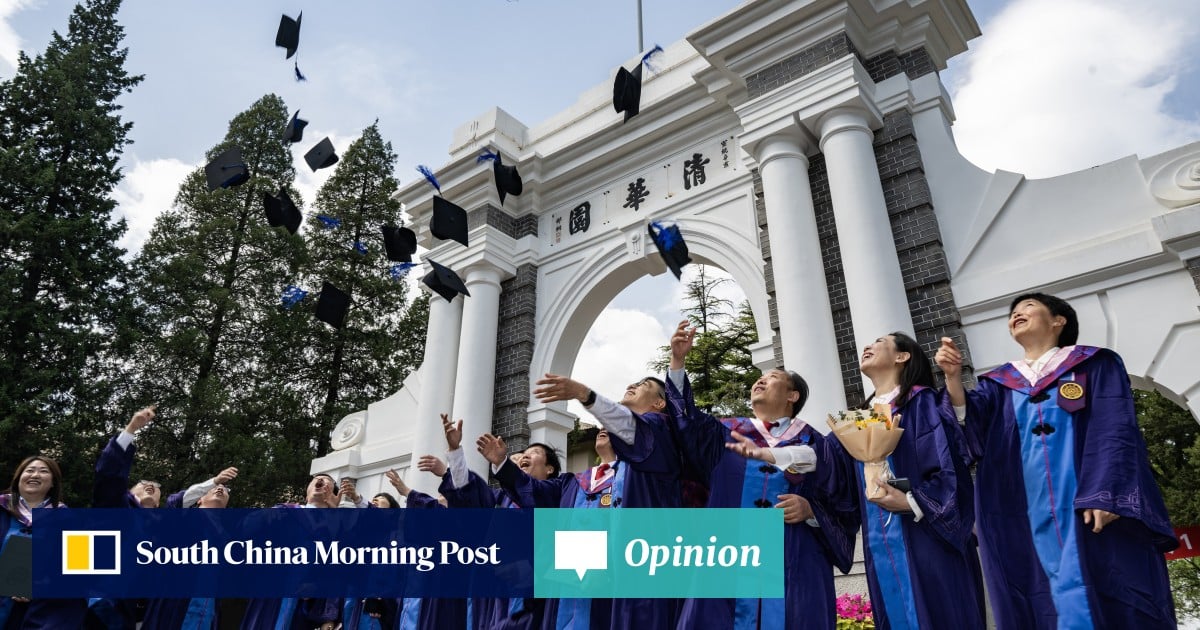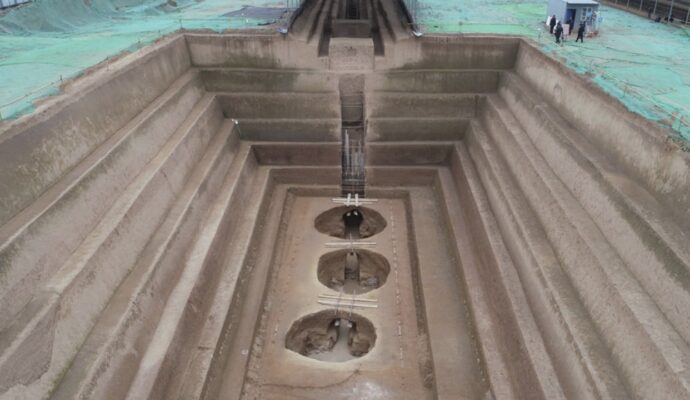
Imagine if the United States were governed not by career politicians and lawyers, but by engineers from MIT, biologists from Stanford and physicists from Caltech. It sounds unlikely – yet this transformation is quietly under way in China.
Advertisement
According to a recent study by the Asia Society’s Centre for China Analysis, nearly half of the Communist Party’s youngest cohort of bureau-level officials hold PhDs. Among 75 recently appointed bureau-level cadres, 47 per cent hold doctoral degrees, and at least 29 possess technical backgrounds. Notably, 23 per cent come from Tsinghua University – often called “China’s MIT” – a proportion that rises to 52 per cent among the younger 1985–1989 deputy-bureau cohort.
Peking University and Hunan University are also becoming prominent feeders into the party’s leadership pipeline, reinforcing a system built not on political patronage but on elite academic and technical credentials.
China’s pivot towards technocratic meritocracy represents more than bureaucratic reform – it marks a philosophical shift deeply rooted in tradition. For centuries, Chinese society revered the scholar-official. Today’s technocrats are their modern successors, evaluated not by ideology but by competence.
State-affiliated roles – in government, state-owned enterprises, the military and education – also offer relative stability amid heightened economic uncertainty. Last year, an applied physics PhD from Stanford made headlines after accepting a civil servant role in a Suzhou township.
Advertisement
This talent pipeline begins in the public sector, with SOEs fast-tracking young technical professionals who often rotate into senior government roles. In 2023 alone, over 2.8 million candidates, many of them PhDs, competed for fewer than 40,000 national civil service roles. National service is once again an aspirational calling.

